
So a lot of folks are puzzling about Obama’s choice to provide arms to Syrian rebels. In fact, I haven’t come across a single scholarly argument suggesting that this policy is a good idea. Most predict disastrous outcomes, with others seeing Obama’s decision as the worst possible choice of a host of really lousy choices.
So, why did Obama make this choice, which appears on its face to be greatly flawed? In this post, I will evaluate the strategic argument. According to this approach, Obama has a clear goal in mind — on paper it is to support a rebel victory that results in Assad’s removal — and he genuinely thinks that arming the rebels is the most likely of available alternatives to produce this outcome. He may also be attempting to balance or limit Iran’s regional influence.
If this is the thinking behind the decision, then President Obama would have to accept a host of dubious claims, including that arming the rebels will (a) halt the regime’s recent momentum and give the rebels a fighting chance; (b) win influence over the rebels and more popularity among the civilians they defend; (c) attract more fighters to the newly-endowed secular rebels; (d) balance the political influence that Gulf States may have obtained by providing arms to the rebels; (e) encourage the rebels to unify; and (f) embolden secular rebels to rout rival groups (i.e. destroy or at least balance al-Nusra and Hezbollah elements within the country).
What’s wrong with this argument? A few things.
- No one believes that small arms will increase rebel gains (or even improve their defenses). The Syrian army relies on artillery to bombard villages from outside, and using both air power and tanks.
- Interventions of this type generally increase the duration (and therefore bloodiness) of civil wars relative to civil wars without outside interventions like this.
- The best-case scenario is a mutually-hurting stalemate in which each side concludes that no further military or political gains are possible through continued warfare. My guess: because of the seeming inability of the regime to ever admit defeats, cognitive tendencies to privilege good news over bad news, and the fog of war, it will take years — probably at least five more and hundreds of thousands more deaths — before the various combatants conclude this.
- Research generally shows that external support increases fractionalization — not unity — among rebel groups.
- Research also shows that external support — regardless of the values of the patron — tends to alter the kinds of recruits attracted to a rebellion. Weinstein argues that external support provides attractive opportunities to so-called “opportunist” insurgents, who are most interested in the immediate and short-term political and economic gains of participation. When it is externally funded, opportunists do not need to rely on their perceived legitimacy among the civilian population and therefore tend to abuse civilians more than they are already doing so.
- No systematic research has ever been done to evaluate whether governments can effectively “buy” influence from rebel groups or popularity among civilians, so there is no empirical basis on which to base this expectation.
- There is likewise little reason to expect that Western-supported armed groups will be more welcomed by the population than Sunni-backed armed groups — or regime-backed army forces, for that matter.
- The rebels actually have to make military and political gains in order to prevent an Iranian win. For Iran, a winning outcome would be preventing an outright victory for US allies. You can’t lose a fight you don’t join. But Obama’s active arming of the opposition, if it fails, will only reinforce how weak US influence in the region has become.
Right then. No wonder most people looking at this choice from a strategic perspective are deeply puzzled. It is quite unclear precisely what the US expects to achieve by implementing this half-measure so late in the game. Hence the title of this post.
So if it isn’t a reasonable strategy, what other types of explanations are there?
Stay tuned for Part II next week.

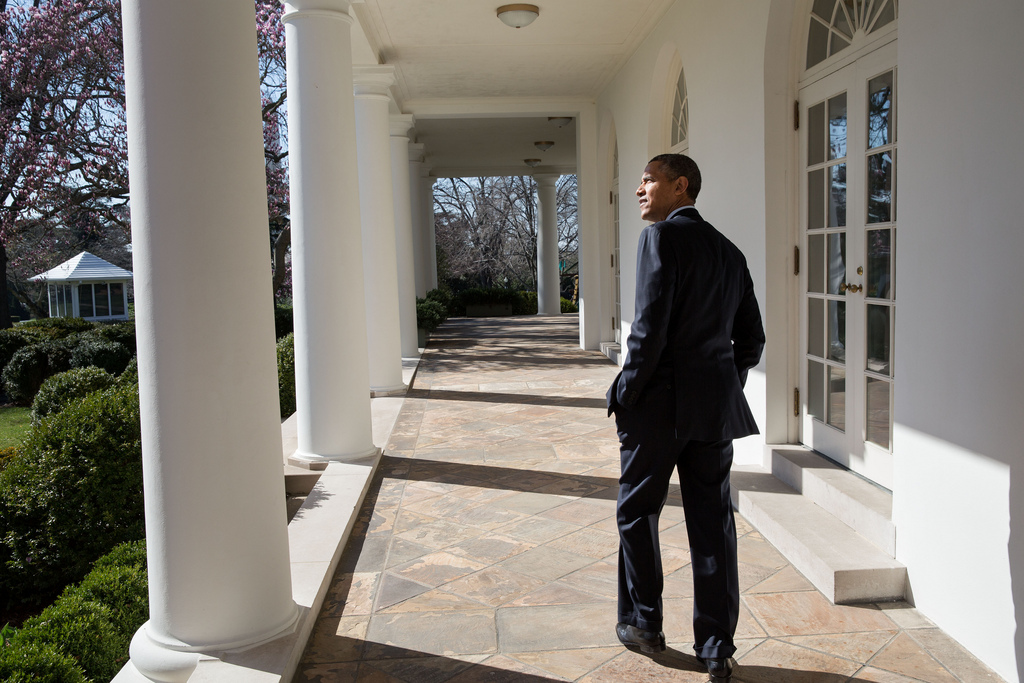
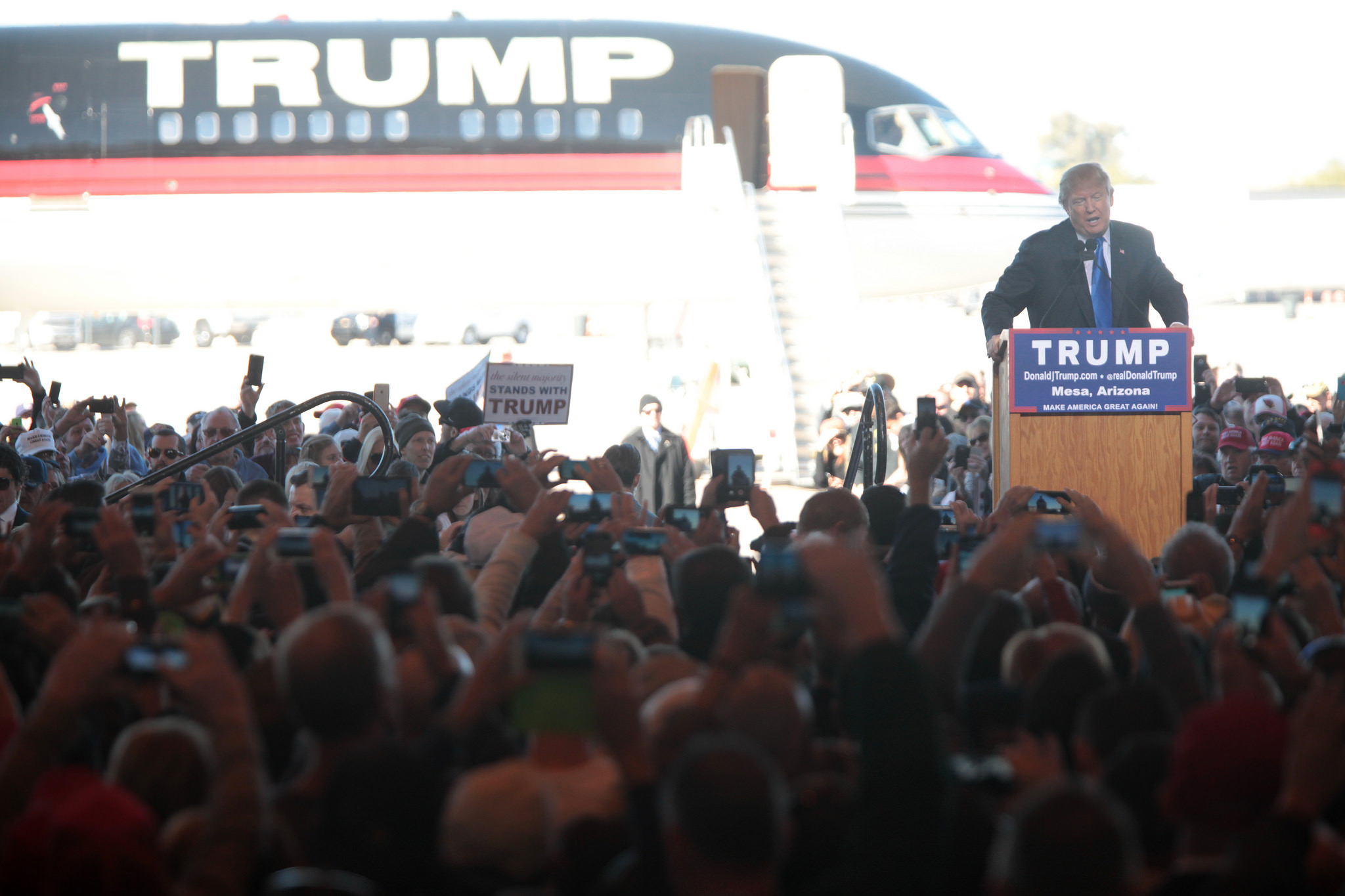
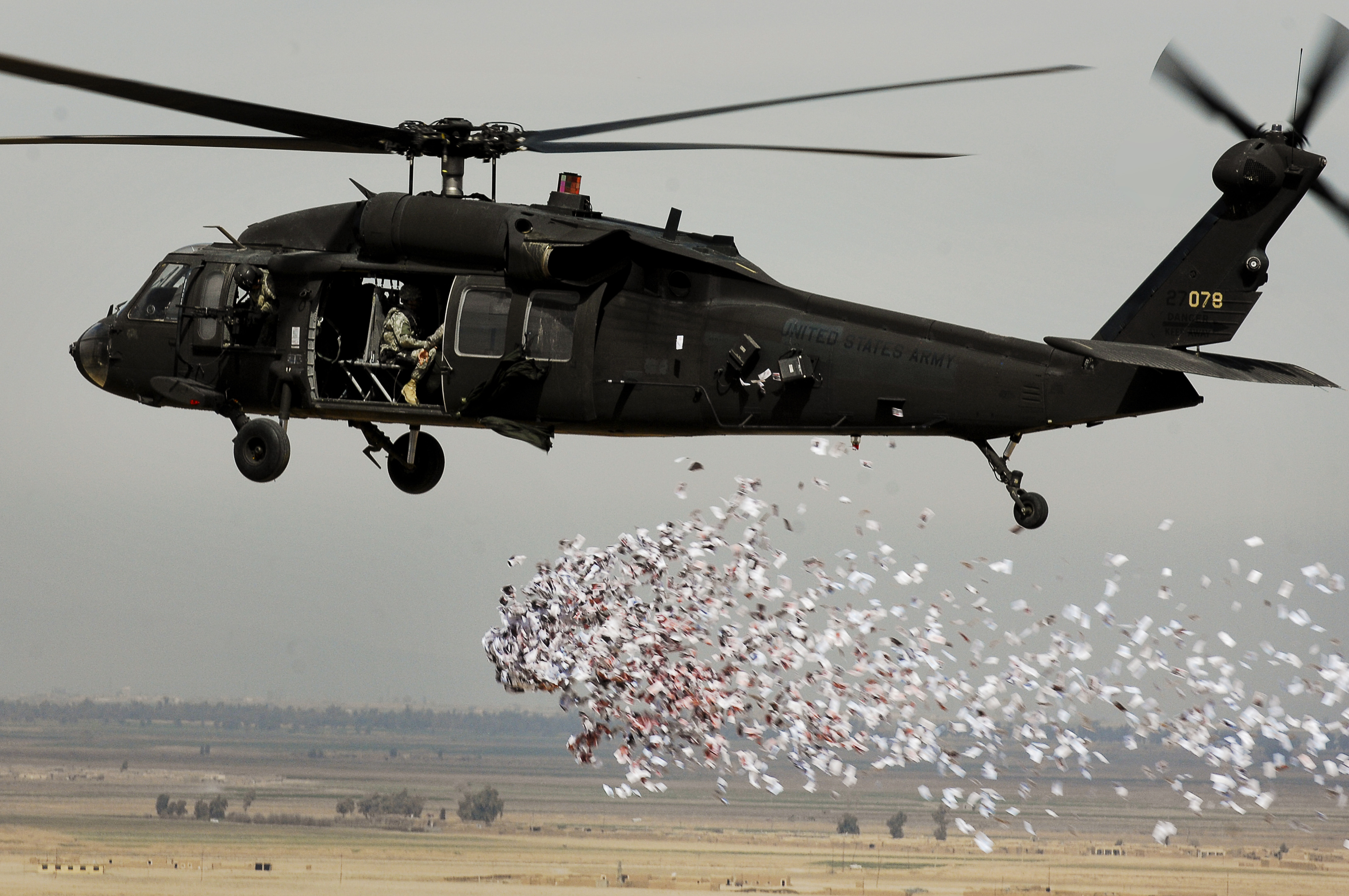
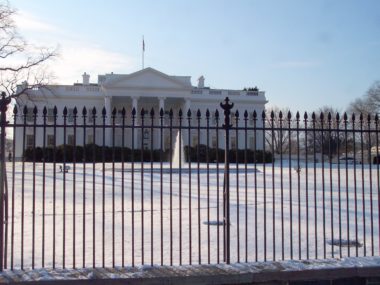
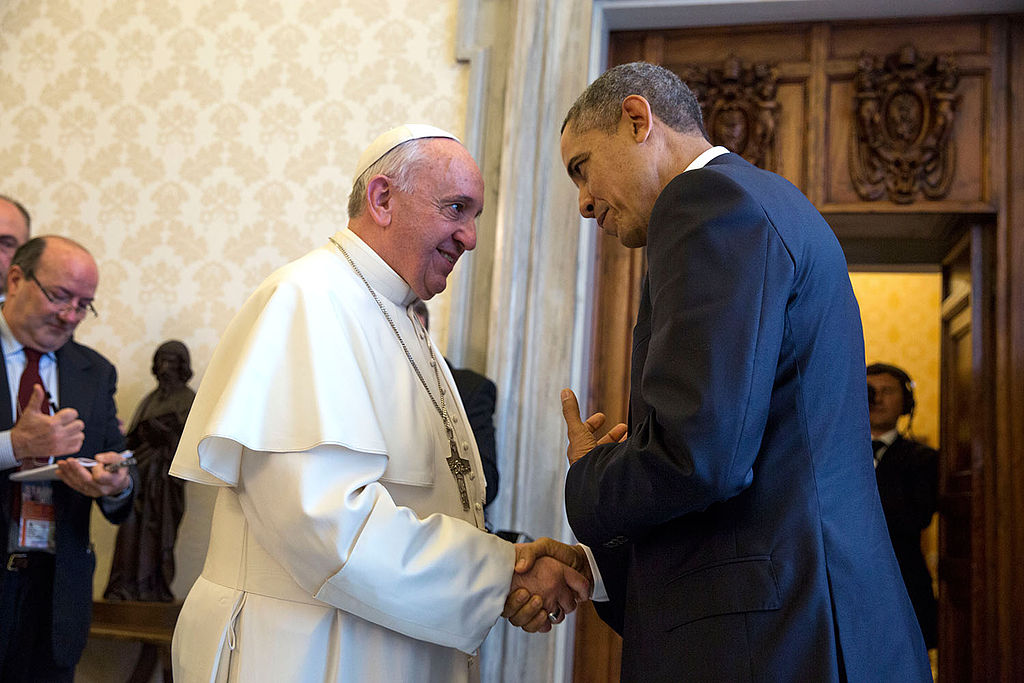

3 comments
I think this is mighty sharp, but I am not sure about the last point. I think one could argue (as Drezner has among others) that keeping Syria in turmoil and Hezbollah committed to an effor that is widely unpopular in the region is a win for the US. The US may not have to have Assad lose to “win.” That may suck from an humanitarian perspective, but if Drezner is right, then not losing is winning.
I think he caved to pressure, a triumph of politics over the sort of strategic judgment he claims to prefer. Public pressure from Bill Clinton, in particular, to act may have blinded his thinking. David Ignatius offers a more positive assessment: this was a gesture in support of Gen. Salim Idriss, the most powerful of the moderates among the various rebel forces — a strategic attempt to prevent extremist forces from prevailing in the end. We’ll see.